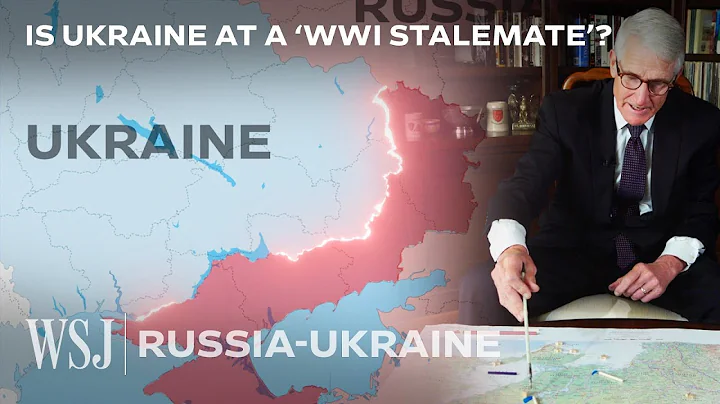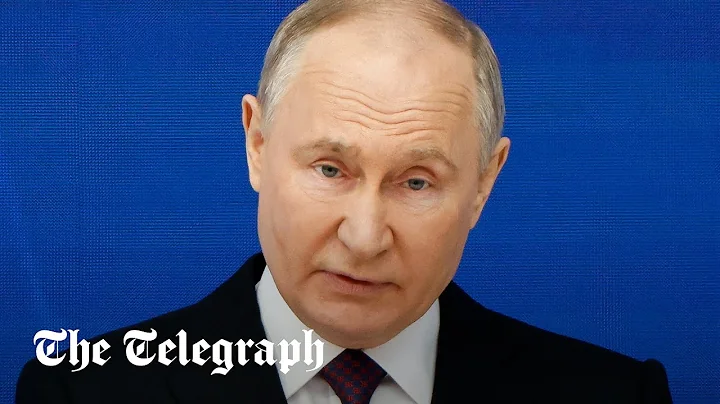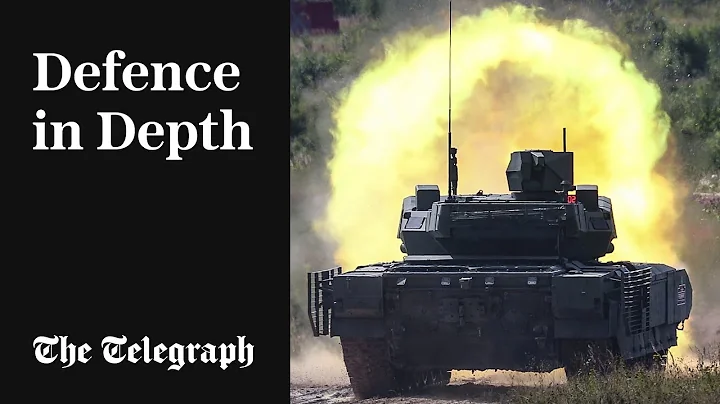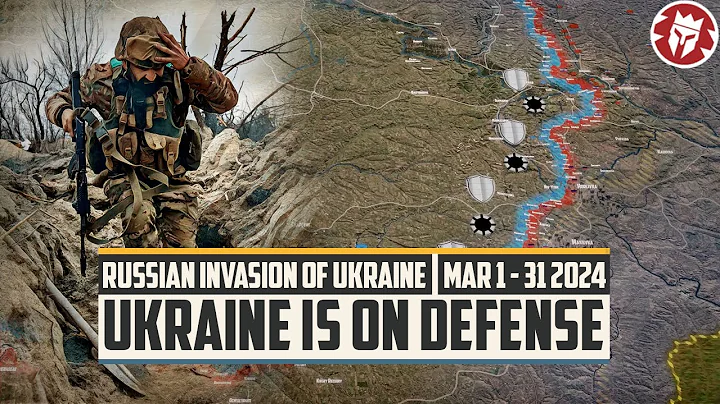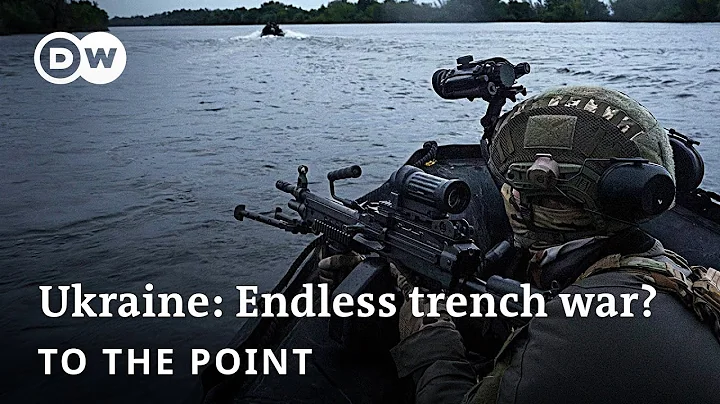As of today, the conflict between Russia and Ukraine has lasted for nearly three months. Under Western sanctions, the Russian economy has suffered a heavy blow, and the Russian army has also suffered heavy losses on the front line. So, why did the Putin government continue to fight this war when it knew that using force against Ukraine would put it in trouble?

According to the Russian Satellite News Agency, on May 9, Victory Day , Russian President Putin met with the families of some of the fallen soldiers on the front line and explained to them the reasons why the war against Ukraine must be fought. Putin said bluntly that whenever there is a chance for both sides to peacefully resolve the Donbass issue, the Russian government will take advantage of it and will not choose the worst option of war, but no one has ever given Russia this opportunity.

On the surface, the emergence of the Donbass issue has been affected by many factors such as history and ethnicity. But if you analyze it in depth, the most fundamental reason is undoubtedly that after the disintegration of the Soviet Union, the NATO group continued to expand eastward, gradually threatening Russia's national security. In 2014, under the control of the United States and other countries, a political crisis broke out in Ukraine. The then Ukrainian President Yanukovych resigned sadly, and Ukraine officially turned to the West, which triggered the Crimean crisis and Donbass War .
In the following eight years, the West did not give up on Ukraine, but continued to provide support to Ukraine and even sent instructors to train the Ukrainian army. Especially after Biden came to power, the United States continued to provoke conflicts between Russia and Ukraine, and even made rumors about Ukraine joining NATO, gradually pushing the Putin government into a "corner."

During this period, Russia tried to ease relations with the West, but ultimately failed. In his speech before the Victory Day military parade on the 9th, Putin pointed out that NATO is unwilling to listen to Russia's voice, continues to arm the Ukrainian army, and is preparing to attack the Crimea region. The special military operation launched by the Russian army is to preemptively repel the invaders. It can be seen that the people Putin said would not give Russia a chance are undoubtedly the NATO group led by the United States.

After successfully provoking a war between Russia and Ukraine, the NATO group will naturally not allow Russia and Ukraine to smoothly restore peace. Now, the United States, Britain and other countries are continuously providing weapons to Ukraine and imposing a series of sanctions on Russia, trying to plunge the Putin government into a quagmire of war and continue to "bleed".
In addition, in order to make the war last longer, NATO even directly stepped in to disrupt the situation and changed the process of Russia-Ukraine negotiations by exerting influence on the Zelenskiy government. You should know that between early March and early April this year, Russia and Ukraine have conducted five negotiations and made certain progress.

According to Ukraine's " Pravda ", after the fifth negotiation held in Turkey , a face-to-face meeting between Zelensky and Putin has actually been put on the agenda. But at this time, British Prime Minister Johnson visited Kiev and had a secret meeting with Zelensky. Subsequently, Ukraine overturned the consensus reached in the previous negotiations, and the peace talks immediately reached a deadlock.
After seeing that the negotiations were hopeless, Putin specifically pointed out on the 9th that Russia's special military operation in Ukraine was ongoing and there was no doubt that it would achieve results. This is undoubtedly telling the NATO camp that Russia will not retreat, but will fight to the end to achieve its goal of "liberating" the entire Donbass.

It should be pointed out that while successfully weakening Russia, the NATO group is no longer content with expanding within Europe, but has turned its attention further east.
British Foreign Secretary Truss recently stated that NATO should not be limited to choosing between Euro-Atlantic security and Asia-Pacific security, but should consider both. So, in the Asia-Pacific direction, it is already self-evident who NATO's target is.


